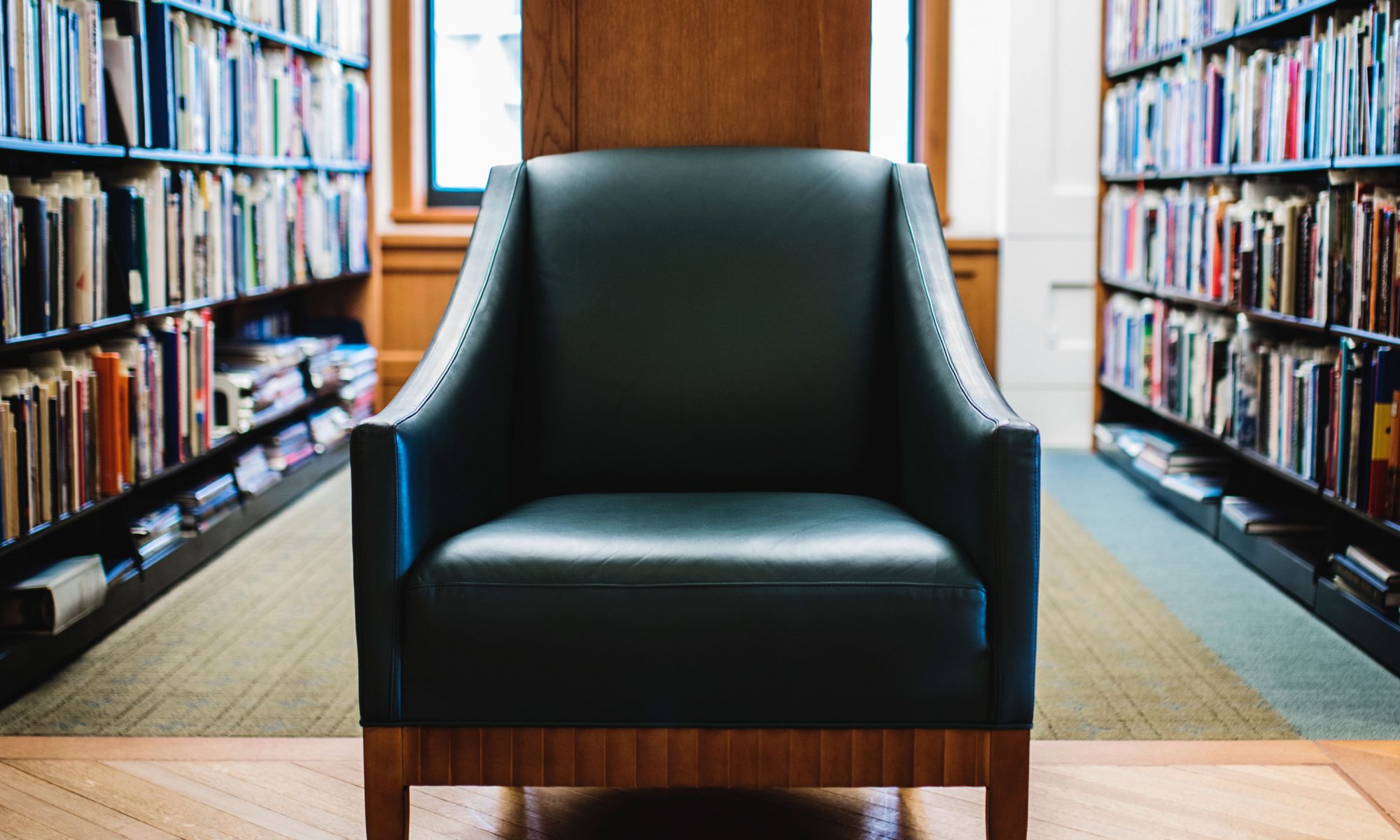Leading Role Recognized in Workforce Innovation and Opportunity Act
Nearly 100 percent of America’s public libraries offer workforce development training programs, online job resources, and technology skills training, according to a new study from the American Library Association (ALA). Combined with maker spaces, coding classes, and programs dedicated to entrepreneurship and small business development, libraries are equipping U.S. communities with the resources and skills needed to succeed in today’s – and tomorrow’s – global marketplace.
President Obama and Congress recently acknowledged the vital contributions of libraries by enabling them—for the first time—to be considered One-Stop partners and eligible for federal funding to support job training and job search programs. The bipartisan Workforce Innovation and Opportunity Act also authorizes adult education and literacy activities provided by public libraries as an allowable statewide employment and training activity.
“Senator Jack Reed and I led the effort to include public libraries in this important new law because they are often the first places Americans go for skill development and job search assistance,†said Representative Rush Holt (D-NJ). “I’ve seen this firsthand with NJWorks@yourlibraryproject, which used federal Broadband Technology Opportunities Program (BTOP) funding to help get job seekers back to work with access to online job resources and training in every community in New Jersey.â€
Overall, libraries report technology improvements—including nearly ubiquitous public wi-fi, growing mobile resources and a leap in e-book access—but the ALA’s 2014 Digital Inclusion Survey also documents digital differences among states and an urban/rural divide.
“Until the Digital Inclusion Survey, no national study has shown in such detail the extent to which libraries complete education, jumpstart employment and entrepreneurship, and foster individual empowerment and engagement, or the E’s of Librariesâ„¢,†said ALA President Courtney Young. “The study also begins to map new programs and technology resources that range from STEM (science, technology, engineering and math) maker programming to 3D printing to hackathons.â€
Among the study findings:
*98% of libraries provide free public access to Wi-Fi, up from 89% in 2012;
*98% provide technology training, ranging from internet safety and privacy to coding to using social media;
*98% provide assistance completing online government forms;
*97% provide online homework help;
*95% offer workforce development training programs;
*90% offer e-books, up from 76% in 2012;
*56% offer health and wellness programs regarding developing healthy lifestyles;
*50% offer entrepreneurship and small business development programs; and
*Average number of computers provided by libraries is now 20, up from 16 in 2012
“Changes in technology—whether internet speeds, or new devices or new applications—are racing faster all the time,†said IMLS Director Susan Hildreth. “Libraries are ideally positioned to help everyone in our communities get up to speed. This is the heart of digital inclusion—equitable access to internet-connected devices and online content plus the skills to take advantage of the educational, economic and social opportunities available through these technologies.â€
Funded by the Institute of Museum and Library Services and managed by the ALA Office for Research & Statistics and the Information Policy and Access Center at the University of Maryland, the Digital Inclusion Study provides national- and state-level data. The International City/County Management Association and ALA Office for Information Technology Policy are partners in the research effort.
While most libraries marked progress from the last national library technology study in 2012, advances are uneven. Less than half of rural libraries reported they increased bandwidth speeds in the last 24 months, compared with 64 percent of urban libraries and 56 percent of suburban libraries. Fewer than two-thirds of rural libraries report having access to information technology (IT) staff, far behind their counterparts. A vast majority of all libraries (66 percent), though, agree they would like to increase their broadband capacity, and that cost is the leading barrier to doing so.
“It is increasingly understood that access to broadband is the critical success factor across our society, and we must do more to connect all of our communities,†said ICMA Executive Director Robert J. O’Neill, Jr. “Libraries play an essential role in helping local governments meet their greatest challenges by connecting their services to critical community priorities.â€
The study provides a first national look at emerging trends, from STEM maker spaces (17 percent, or about 3,000 libraries), to wireless printing (33 percent) to 3D printers and hosting hackathons or other coding/application development events (about 2 percent each, or roughly 260 libraries). Creation and making activities already are transforming what is possible for communities through libraries. At the Johnson County Library in Kansas, for instance, a library patron printed a mechanical hand for a family friend. High school student Mason Wilde loaded needed blueprints onto library computers and used the library’s 3D printer to create the necessary parts. Wilde then decided to start a nonprofit to make 3D prosthetics for other children, and he is now considering a career in the biomedical field.
“Creating is becoming a new digital competency, and libraries are building and expanding their programs and services to meet these changing community needs,†said Ann Joslin, President of the Chief Officers of State Library Agencies. Joslin also is the state librarian in Idaho, which currently has a pilot program underway to support library maker activities and encourage the use of new technologies and tools.
“Whether it’s a class on internet safety, an entrepreneur who identifies potential customers from databases or a class on digital content creation, libraries continue to establish themselves as digital leaders in communities,†Young concluded. “This study demonstrates how technology investments benefit our libraries and our patrons, and keep our communities thriving.â€
Methodology: The Digital Inclusion Survey collected data from a nationally representative sample of public libraries at the branch/outlet level between September 3 and November 30, 2013. The survey was open to all public libraries to participate. However, the analysis conducted used only sampled libraries. The survey received 3,392 responses, for a 70.1 percent response rate. For more information, please visit http://www.ala.org/research/digitalinclusion and http://digitalinclusion.umd.edu/. Past related reports on public library technology are available at www.ala.org/plinternetfunding.
